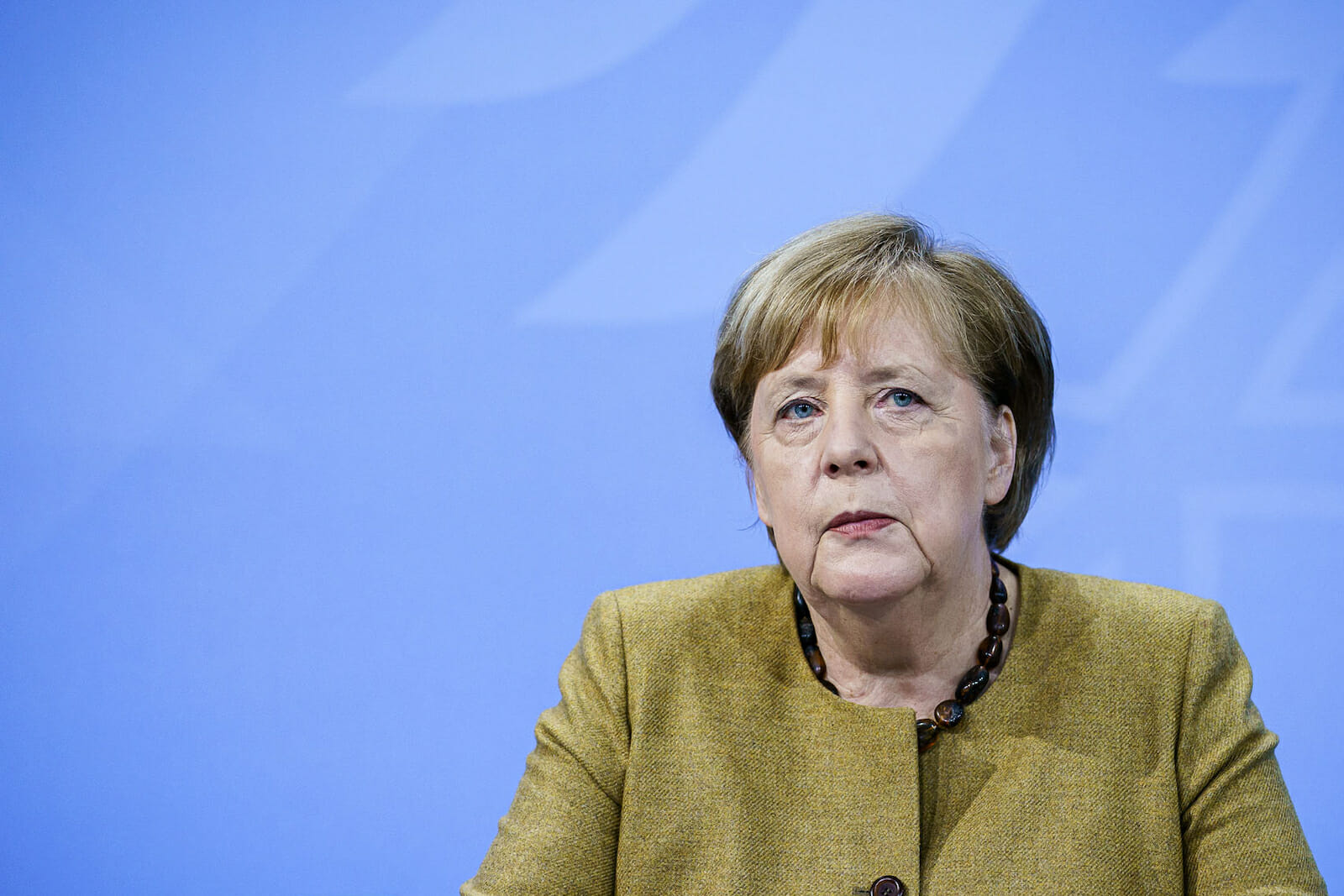
The European Union Left Standing in ‘Race’ to Get COVID Vaccine to Public
It’s a global pandemic and the race is underway to reach the finishing line as quickly as possible.
In the year when the delayed Olympics is (still) due to take place, you might be forgiven for mistaking the “race” for a track event in Tokyo.
But, no, this race is all about getting a coronavirus jab into the arms of as many people around the world as quickly as possible.
Various COVID-19 vaccines finally became available towards the end of 2020. The various vaccines were developed incredibly quickly so hats off to the remarkable scientific work that has produced several vaccines, seen as the only way out of the seemingly never-ending health crisis.
That’s the good news.
What we are seeing now, though, is a remarkably mixed picture when it comes to actually getting the vaccine administered to people.
And that picture is as confusing and varied in Europe as anywhere else.
Take, for example, the speed with which the UK, fresh from its shiny Brexit deal with the EU, has rolled out not one, but two, vaccines.
On January 13, the UK had vaccinated some 2.3 million people. This compares with a few thousand, at best, in countries like Belgium – the “home” of the EU – and the Netherlands, which traditionally has, like Belgium, prided itself on the quality of its health care system.
Other EU member states, including Germany and France, are currently way behind the UK in terms of rolling out vaccines.
When you consider the importance of a fast and effective roll-out in trying to curb the still rapidly growing spread of the deadly coronavirus, the issue takes on added significance.
At this point, it is probably necessary to take a step back to consider how we got to this slightly sorry state of affairs.
The EU and its now 27 member states decided that, in a “spirit of European solidarity,” to act together when it came to ordering and purchasing vaccines from the estimated 160 pharma companies that, around last autumn, announced they were developing them.
The European Commission whittled this down to a shortlist of just six companies with whom the executives signed what are called “advance purchasing agreements.”
But, according to the way the EU operates, it was the European Medicines Agency, an EU agency, that had to give its approval before any of the vaccines ordered by the European Commission could be used.
While the UK and some other countries, notably Israel, were rapidly moving forward with their roll-out programmes, the EU’s 27 member states were still waiting for the EMA to give authorisation to a vaccine.
Approval finally came just before Christmas when the agency gave the green light to the Pfizer/BioNTech vaccine. It has ordered up to 600 million doses. On January 8th, it approved a second vaccine, developed by Moderna, and has ordered 160 million doses of its vaccine.
Other vaccines are expected to be approved soon, with the European Commission also having signed deals with AstraZeneca (400 million doses), Sanofi-GSK (300 million doses), Johnson & Johnson (400 million doses), and CureVac (405 million doses).
This “diverse vaccine portfolio” will, says European Commission President Ursula von der Leyen, enable the EU not only to cover the needs of its whole 450 million population but also to supply vaccines to neighbouring countries such as Ukraine.
But both EU authorisation and the roll-out across Europe is perceived as being slow, so much so that some member states, including Germany, are believed to have simply signed their own deals. In Germany’s case, it is thought that Angela Merkel secured 30 million doses of the Pfizer/BioNTech vaccine for her own population.
If true, this type of “parallel” bilateral arrangement utterly goes against the “European spirit” which all member states, including Germany, signed up for in agreeing to an EU wide vaccination policy.
Despite repeated attempts by Ursula von der Leyen to reassure EU citizens that the hundreds of millions of doses of vaccines it has ordered will be speedily administered, there is still a general feeling that Europe is way behind on the roll-out. A most recent example of this being Cyprus which felt the need to ask neighbouring Israel for vaccines.
The EU’s response to some fierce criticism of its vaccine response has been to, basically, put the onus on member states who, it says, are responsible for vaccination programmes in their own countries.
Vlad Gheorghe, a member of the European Parliament from Romania, one of the countries badly hit by the crisis, says vaccines must now be rolled out “as quickly and safely as possible” to Europeans, adding, “If we do not get the vaccine to people quickly and efficiently that will render the vaccine useless.”
Another Romanian MEP, Cristian Terhes, says that in purchasing more vaccines for its people by negotiating bilaterally with biotech firms, Germany “totally disregarded the Commission’s vaccination strategy.”
“Germany had shown, once again, that ‘EU solidarity’ is an empty slogan.”
But French Liberal MEP Pascal Canfin, who chairs the Parliament’s environment committee, strongly defends the EU’s policy not to “put all its eggs in one basket” on vaccine procurement.
Canfin added, “Negotiating strong and robust contracts with pharma industries takes time and this should reinforce trust in the process. The United Kingdom is for me a counter-example. Boris Johnson has declared an emergency license for the Pfizer/BioNTech vaccine.”
“This allowed him to start the vaccination process before EU countries. But this comes at a price: the state takes full legal responsibility in case of a problem, while the laboratory is relieved of all responsibility. It will be the opposite within the EU, fortunately.”
Another challenge for the EU and its member states is to still convince its populations of the need – and safety – of having a vaccine.
Polls in France suggest as many as 58 percent of the public do not want to be given the jab. This could be a product of a more general suspicion in France of big government.
A recent survey in Germany, though, found that 65 percent were prepared to have the vaccine. A poll in Sweden found 71 percent would take one.
The current debate around the procurement and distribution of the vaccine against COVID-19 at a European and member states level has been overshadowed by what some see as “self-centred nationalism.”
A more reasoned approach might be to ensure that access to the vaccine is undertaken in an equitable and fair manner, with self-centred national throwbacks being avoided.
It is, perhaps, a sobering thought that on the day the UK said it had vaccinated over 1.5 million Brits, not a single person in Africa had received the jab.

